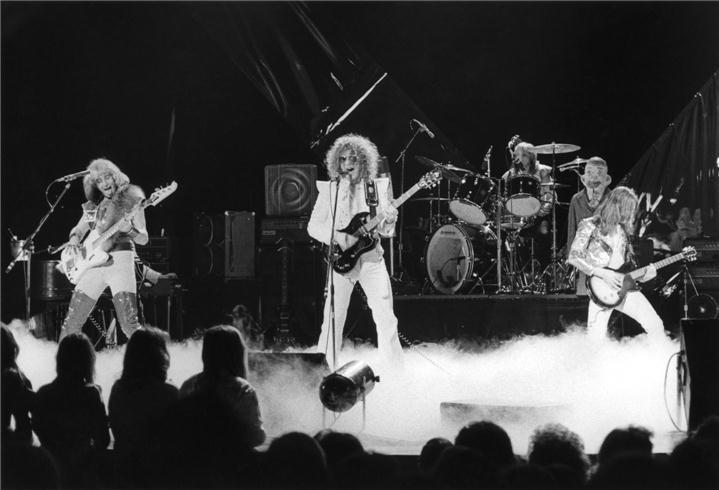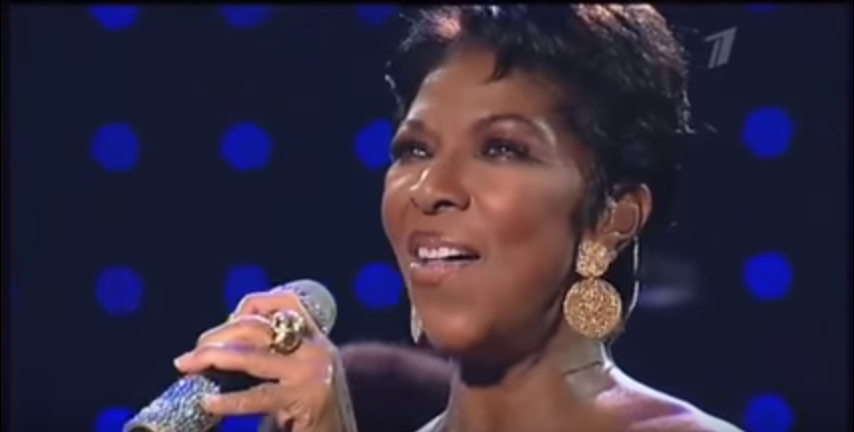Peter Travers on Roger Ebert: No One Could Keep Up With Him
A tribute to the greatest of film critics
The death of Roger Ebert is a blow to movies, not just movie criticism. He energized the medium by taking it on full force, two-fisted, making it better by not letting the suits get away with anything.
When I first met Roger in the late 1970s, he invited me out for drinks. “Don’t even try to keep up,” he warned me. I tried and my head still hurts thinking about it. You couldn’t keep up with Roger, whether it was drinking or moviegoing. Roger joined AA in 1979, but movies remained his lifelong addiction.
A Thumbs Up or Thumbs Down from Ebert meant something in Hollywood. People listened to him. No ivory tower for Ebert; he sat in the balcony like the rest of us. His writing was plain-spoken and often blunt. Smart audiences looked beyond his thumbs and found a reviewer ready to argue his points with cogency and humor. It’s no accident that Roger became the first film critic to win a Pulitzer Prize.
Roger didn’t just see movies, he inhaled them. And even that wasn’t enough. He had to take each one on, in the ring of his criticism. Roger didn’t just write about movies. He couldn’t shut up about them. On the snowy streets at Sundance, where Roger was always experimenting with one of his new digital cameras, he’d still take the chance to tell me Blue Velvet was nowhere near as good as I thought it was. You could run into Roger anywhere and he’d start right in: “Did you see . . .?”
When his print job at the Chicago Sun-Times wasn’t enough, Roger took to TV with Sneak Previews and At the Movies With Siskel and Ebert. When Gene Siskel died in 1999, Roger invited Richard Roeper to his famous TV balcony, along with guest hosts. When cancer took his jaw and his voice in 2006, Roger took to digital, blogging, tweeting, even using a machine to talk for him. And then he had Chaz, the attorney Charlie Hammel-Smith he married in 1992 and a woman who defines the vow of “in sickness and in health.” Chaz was often his voice at Ebertfest, the annual film festival he started in 1999. Of course, Ebert’s voice can still be heard. His Great Movies series of books are like hearing him talk.
“Every great film should seem new every time you see it,” he wrote. And he made us see why, minus the three-dollar words and the self-congratulation. At the time of his death, at 70, Roger was still seeing over 300 movies a year. And writing about them. “Don’t even try to keep up.” Who would? Who could? To meet Roger in a screening room in New York, Los Angeles, or his native Chicago was to see a guy raring to see the next one. No cynicism. Just the exhilaration. Thumbs up to you, my friend. This time the balcony really is closed.








